Skin Care Revolution: The Power of Retinol
Introduction to Retinol
Retinol: a word that has become synonymous with skin care revolution. This powerful ingredient, a derivative of Vitamin A, has been hailed as a miracle in the world of dermatology and cosmetics. In this comprehensive guide, we delve into the science behind retinol, its benefits, how to use it effectively, and address common concerns and myths.
What is Retinol?

Understanding Retinol: Retinol is a type of retinoid, derived from Vitamin A. It is widely known for its potent anti-aging and skin-rejuvenating properties. Unlike stronger prescription retinoids like tretinoin, retinol is available over the counter and is less irritating, making it a popular choice for those new to retinoids.
The Benefits of Retinol
Transformative Effects: The benefits of retinol are vast and well-documented. Its primary power lies in its ability to accelerate skin renewal, enhance collagen production, and reduce the appearance of fine lines and wrinkles. Additionally, retinol is effective in evening out skin tone, improving texture, and diminishing the appearance of acne and acne scars.
How Retinol Works

A Deeper Look: At a cellular level, retinol works by penetrating deep into the skin and accelerating cell turnover. This rapid turnover brings new cells to the surface faster, promoting a smoother, more youthful-looking complexion. Moreover, retinol helps to unclog pores, making it a formidable ally against acne.
Incorporating Retinol into Your Skin Care Routine
Getting Started with Retinol: Incorporating retinol into your skincare routine requires a thoughtful approach. Start with a low concentration, applying it sparingly and observing how your skin reacts. Gradually increase the frequency and concentration as your skin builds tolerance. Always use retinol in the evening and follow up with a broad-spectrum sunscreen during the day, as retinol can increase the skin's sensitivity to the sun.
Addressing Common Concerns

Myths and Facts: Despite its popularity, retinol is surrounded by myths. One common misconception is that it thins the skin. In reality, retinol thickens the dermis, where collagen and elastin reside, while it thins only the outermost layer of dead skin cells. Another concern is irritation. While some individuals may experience mild irritation or redness initially, these symptoms typically subside as the skin acclimates.
Retinol for Different Skin Types
Tailoring to Your Needs: Retinol can be beneficial for a wide range of skin types, but it’s essential to choose a formula suited to your specific skin concerns. For sensitive skin, look for retinol products combined with soothing ingredients. Oily and acne-prone skin types may benefit from retinol serums that also contain salicylic acid.
Advanced Retinol Products
The Next Generation: The skin care industry is continually evolving, and so are retinol formulations. Newer products are combining retinol with other powerful ingredients like hyaluronic acid, niacinamide, and peptides for enhanced effects. Time-release retinol formulations are also gaining popularity, offering the benefits of retinol without the potential irritation.
Conclusion: The Future of Retinol
Continuing the Revolution: As research continues to uncover the multifaceted benefits of retinol, its position as a staple in skincare routines is only solidified. Whether you are looking to combat the signs of aging, improve your skin texture, or fight acne, retinol offers a proven, effective solution. Embrace the power of retinol and witness the transformation in your skin’s health and appearance.
Remember, the journey to healthier skin is a marathon, not a sprint. Patience and consistency are key when incorporating retinol into your routine. With its proven track record and ongoing innovations, retinol continues to stand at the forefront of the skin care revolution, empowering individuals to achieve their best skin yet.


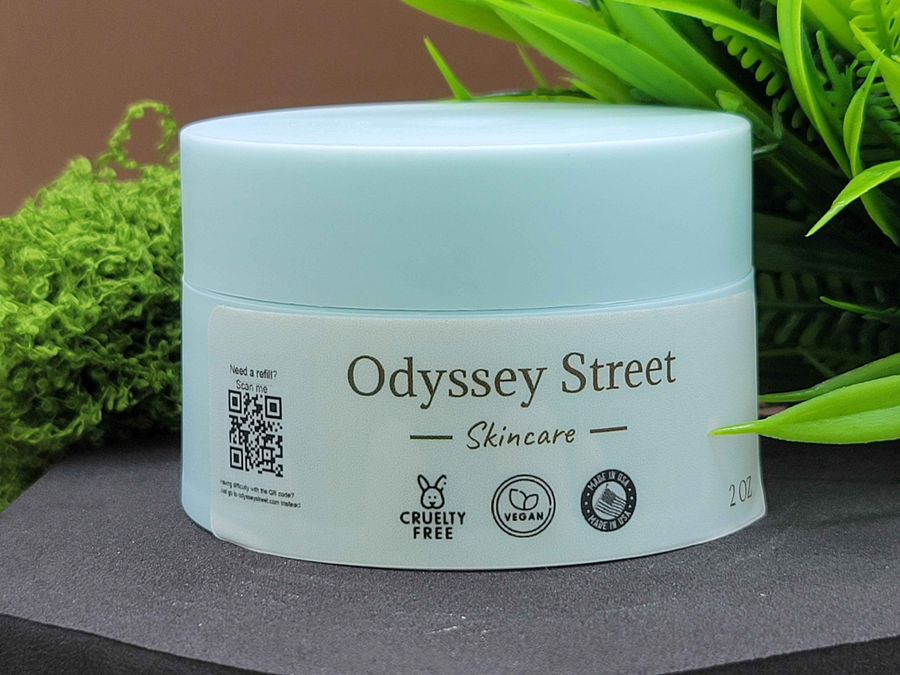
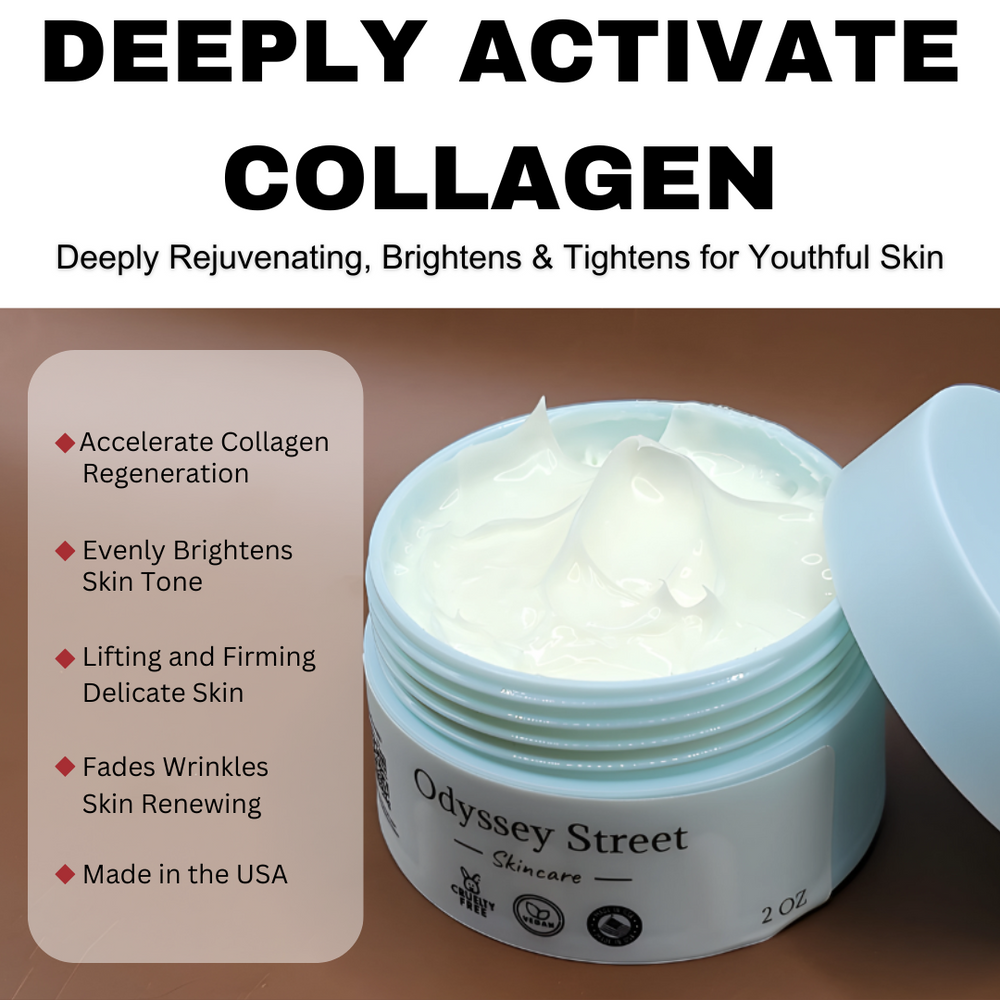




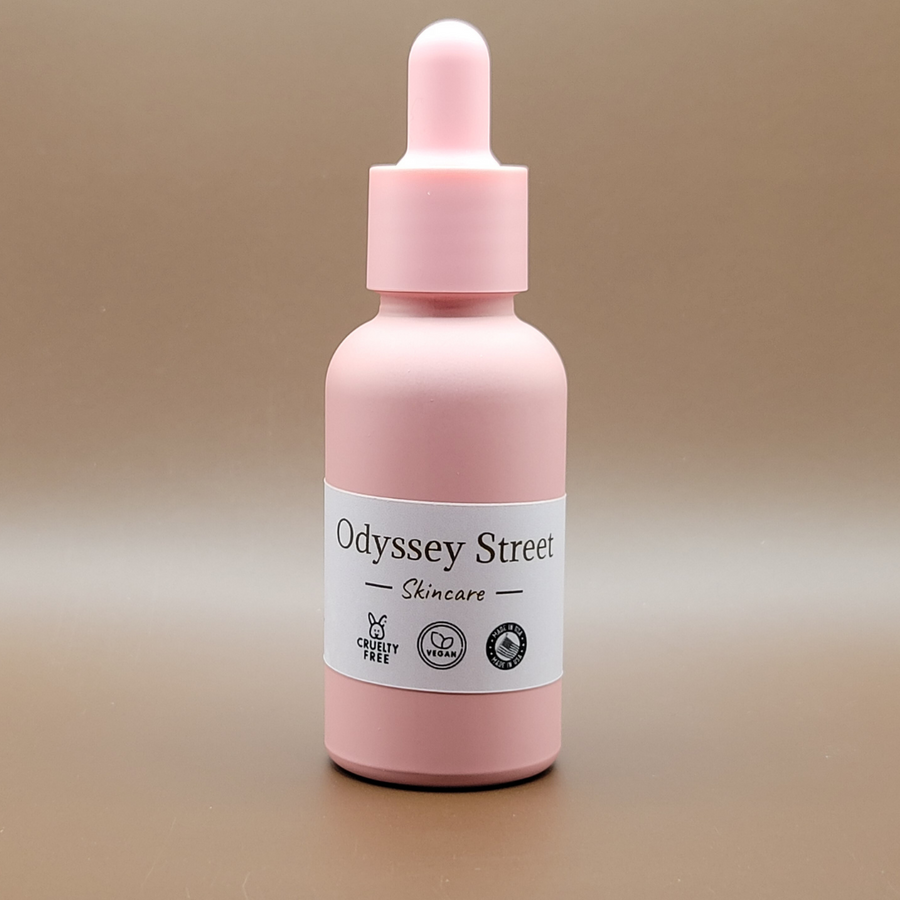
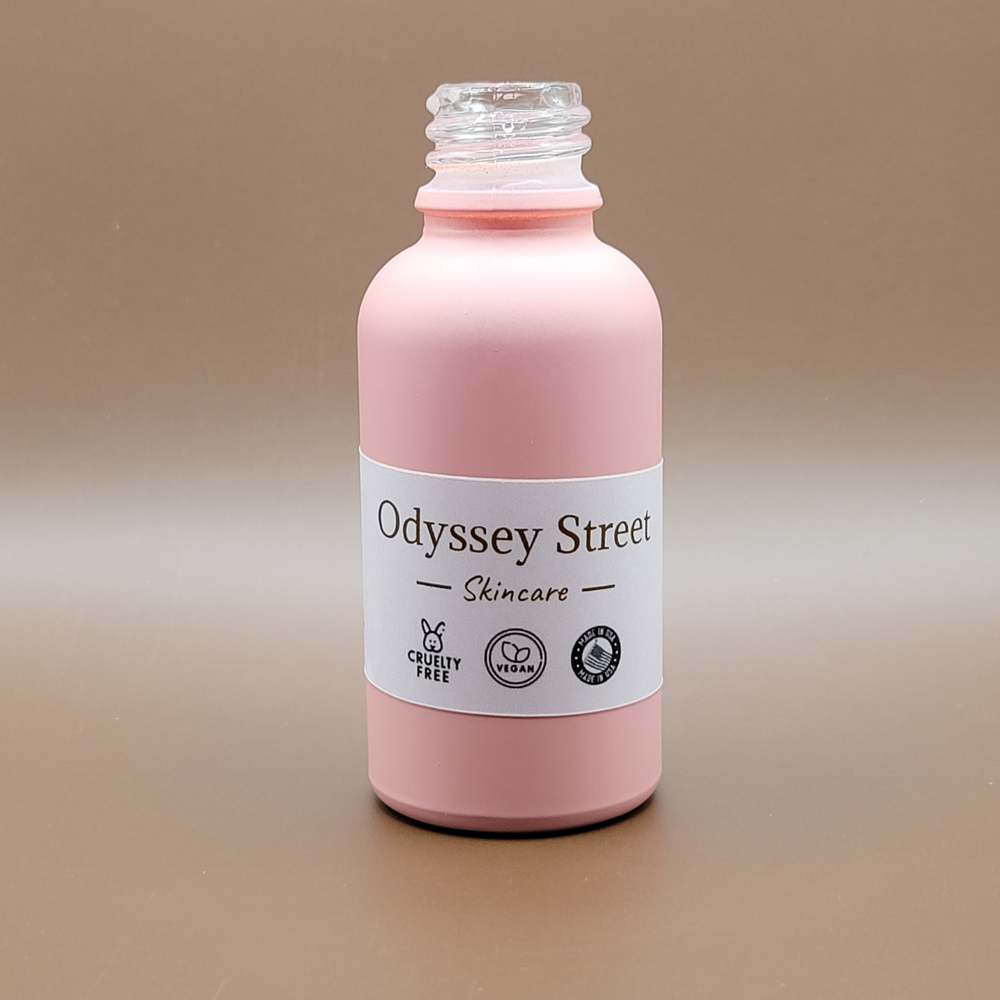
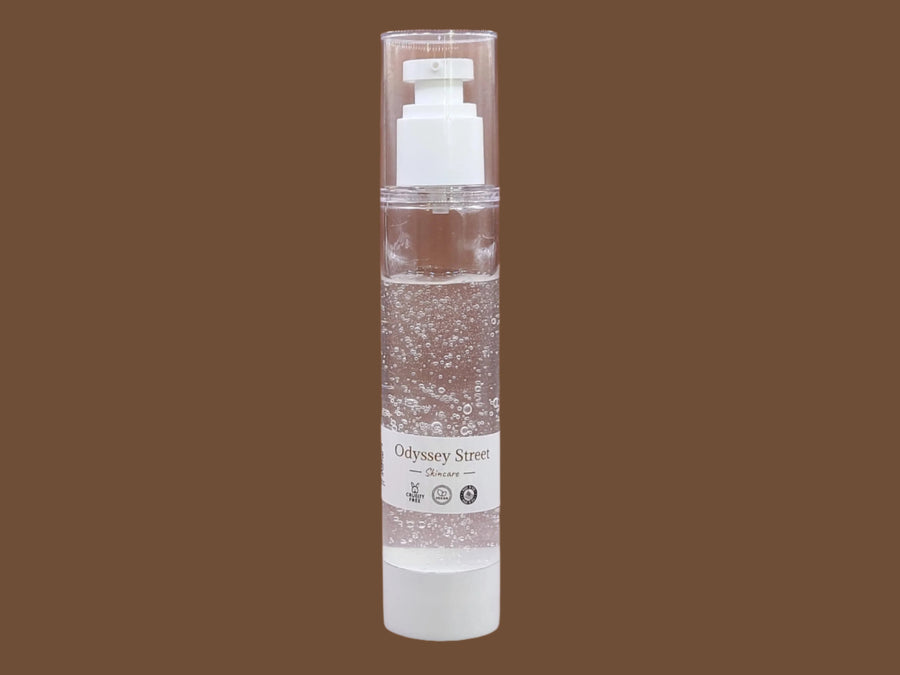
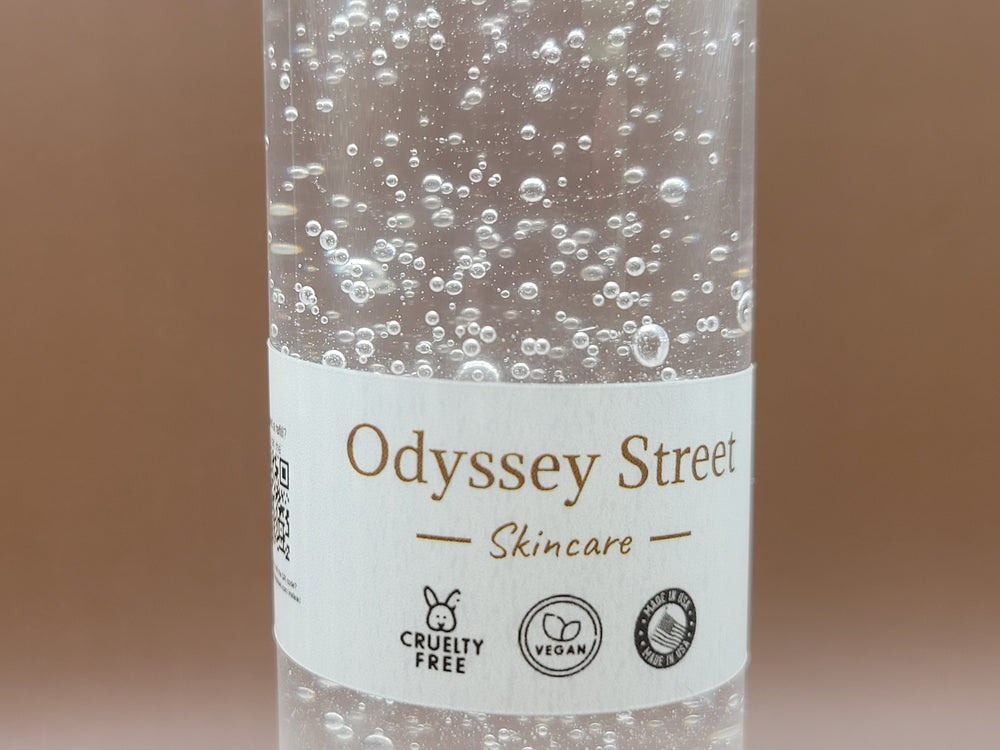
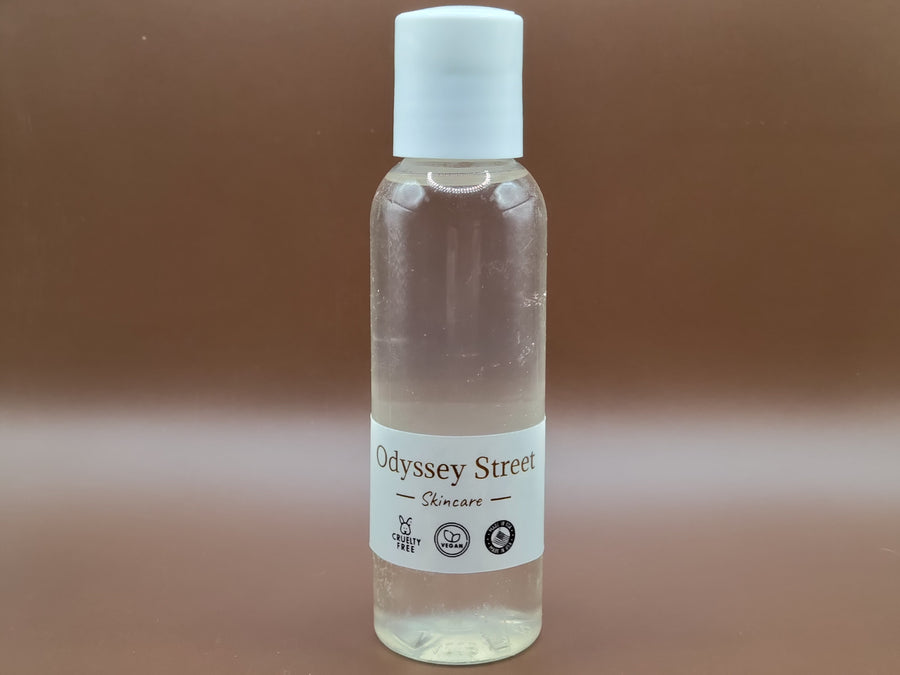
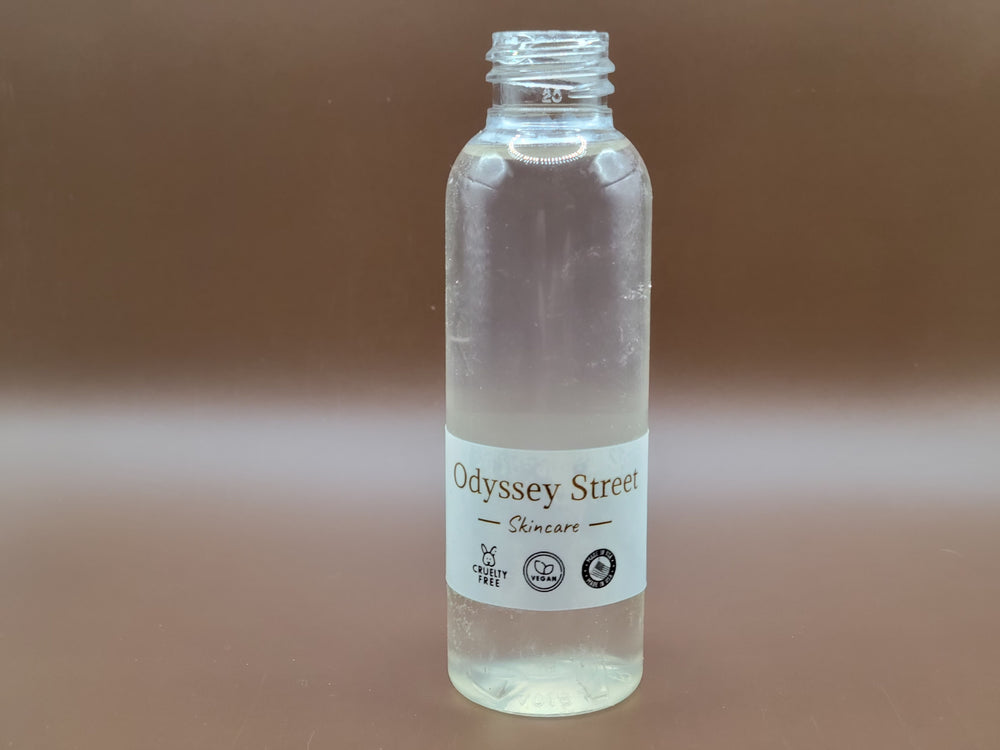
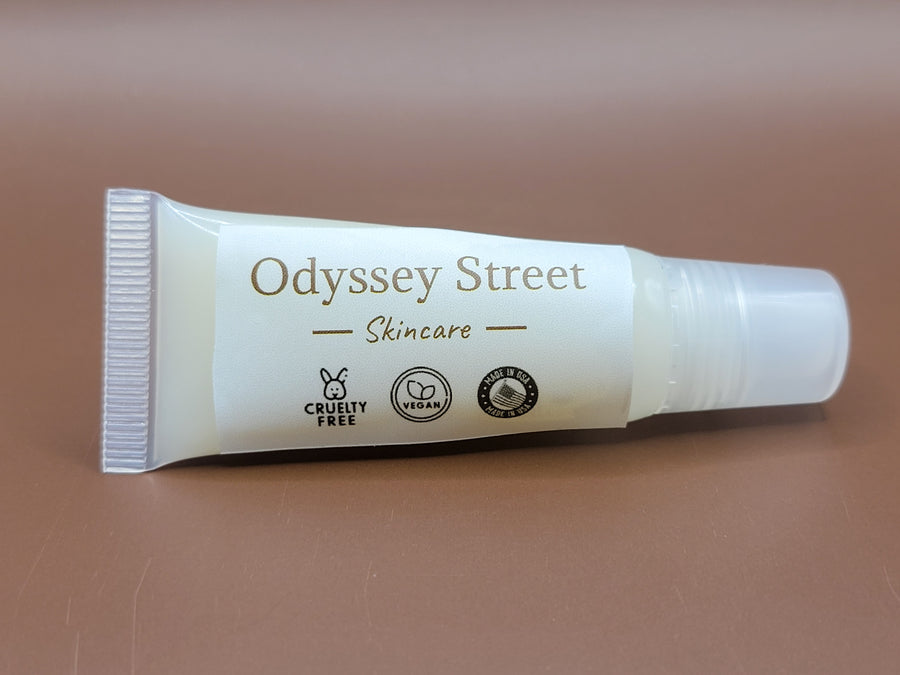
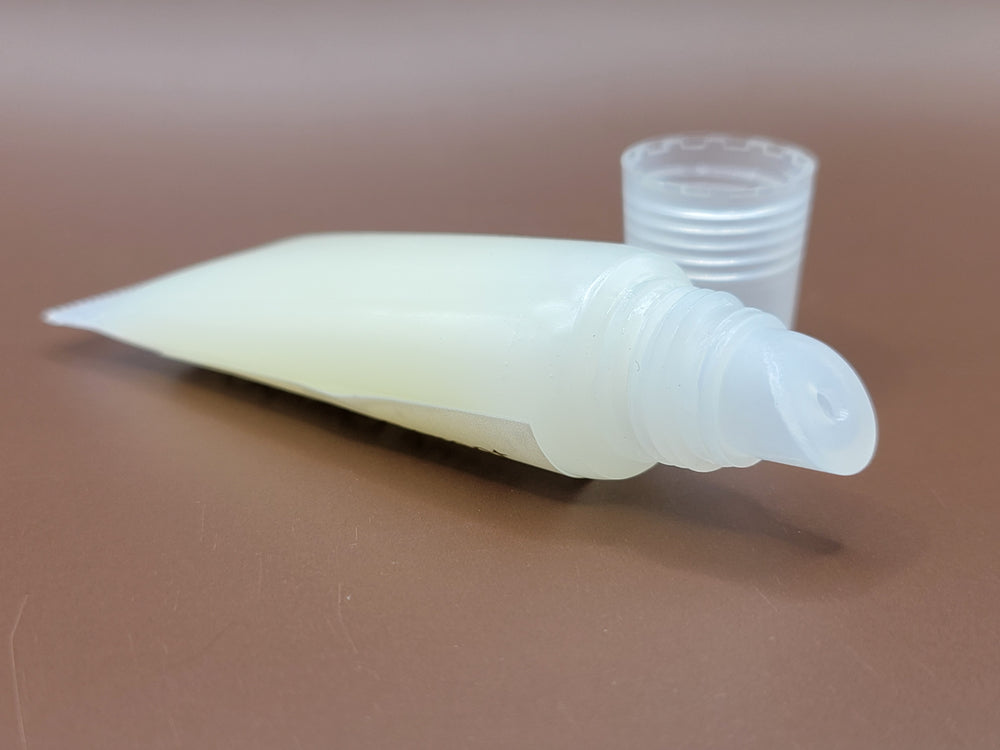
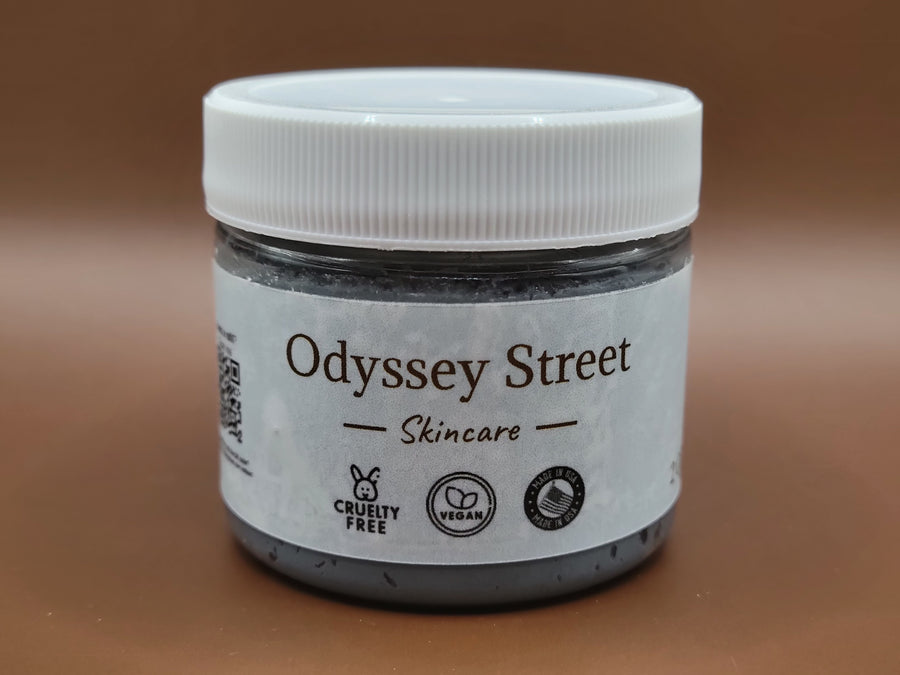
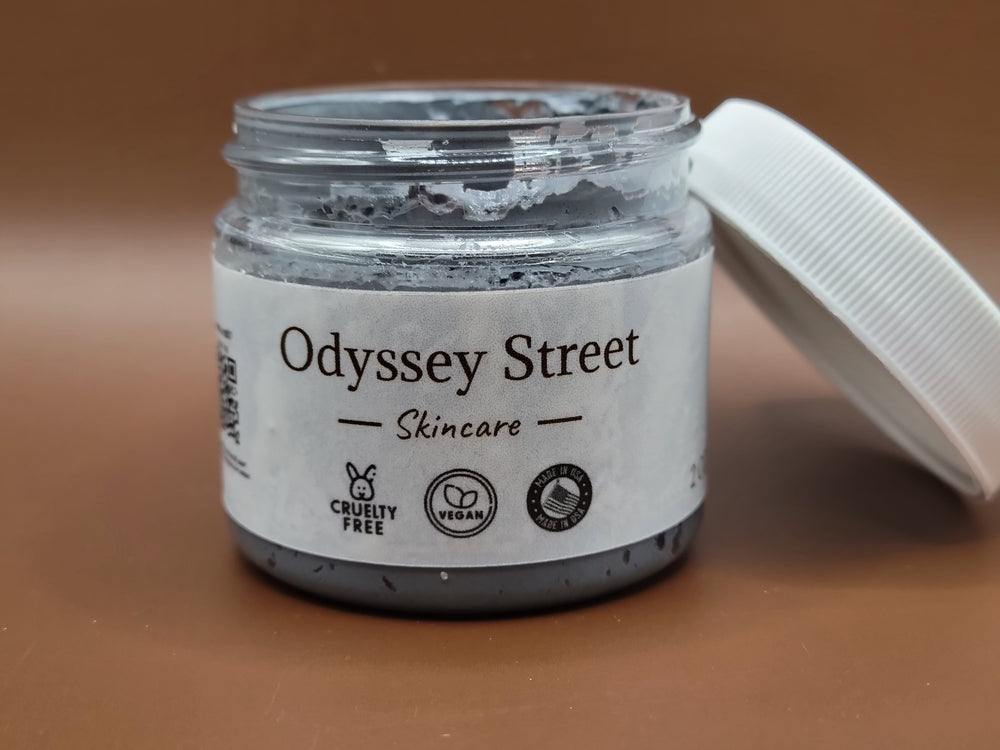
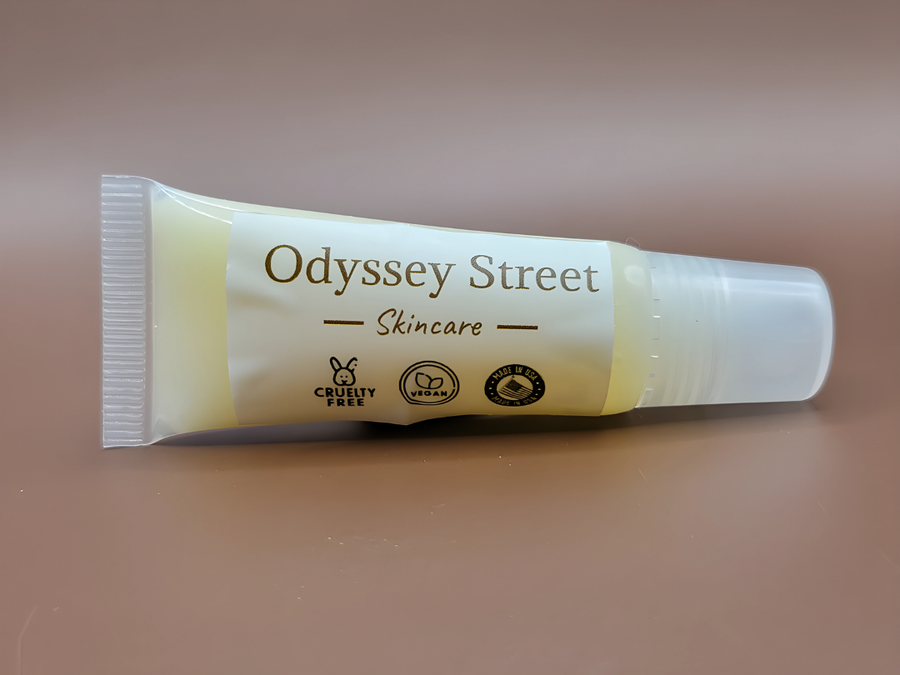
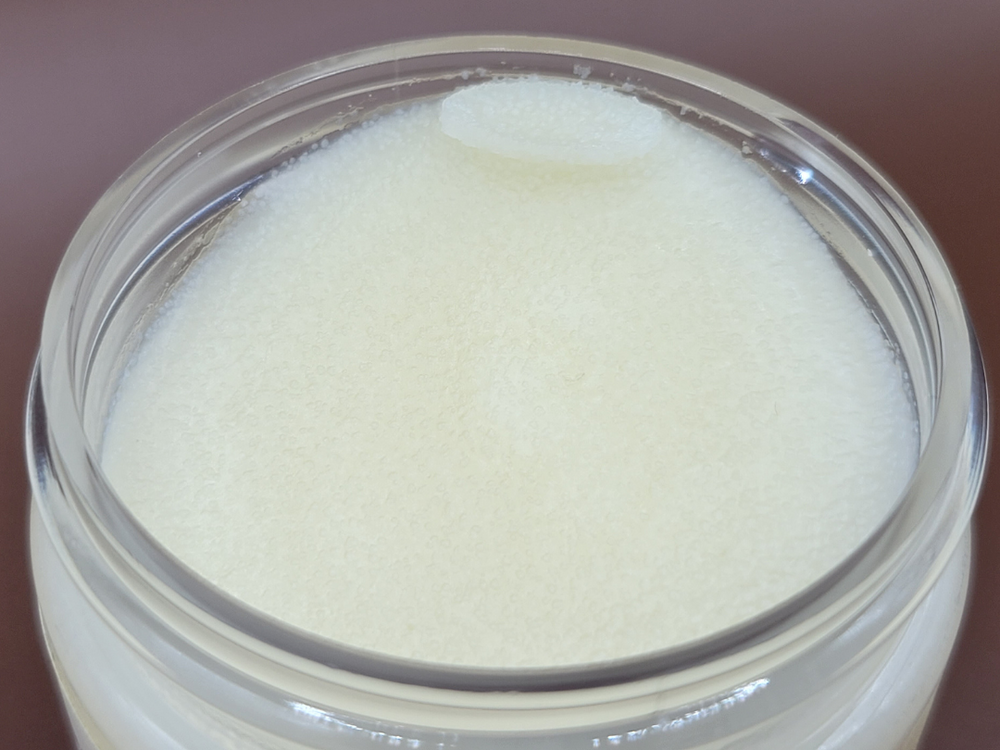
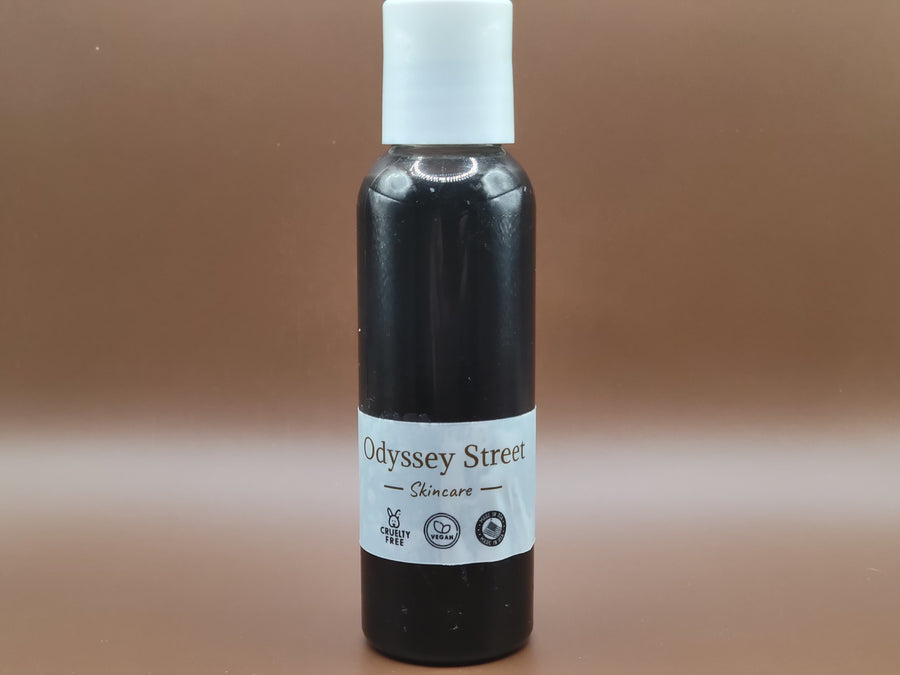
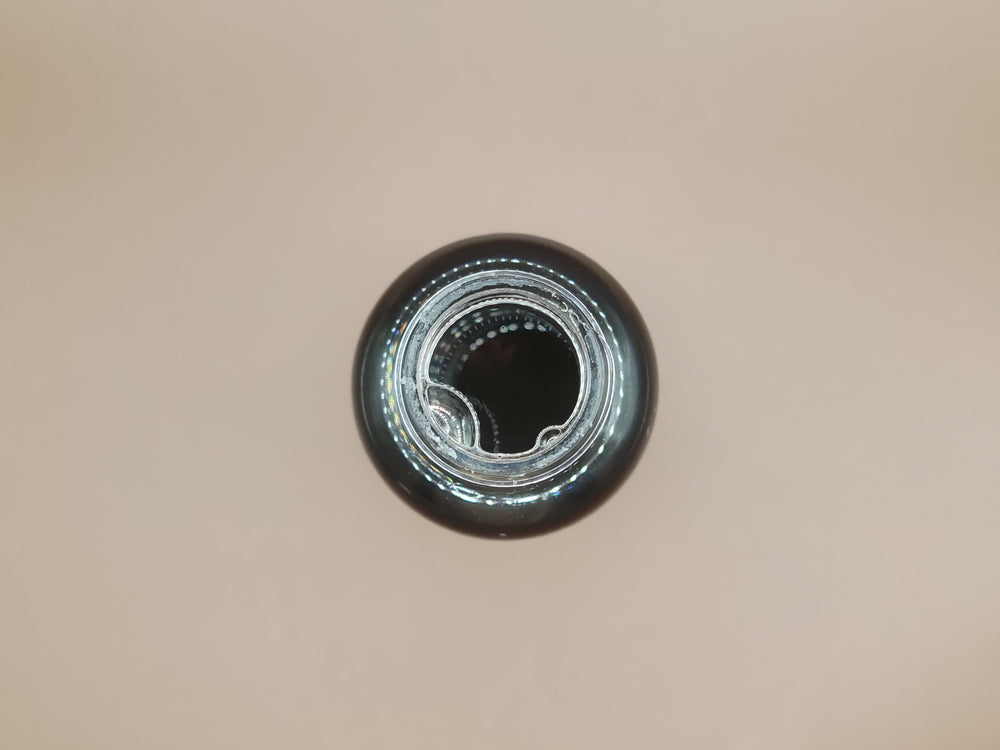
Leave a comment